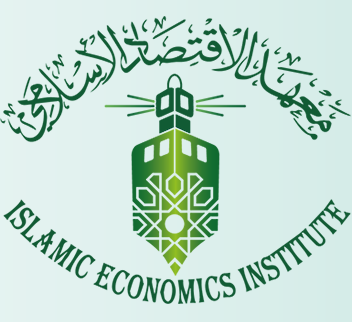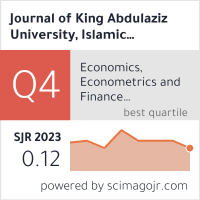Islamic Finance Performance During Crises: A Bibliometric Mapping and a Systematic Literature Review
Abstract
This study assesses the claim that Islamic finance, with its risk-sharing, low levels of indebtedness, and asset-backed characteristics, offers a viable alternative to conventional finance during crises. Through bibliometric mapping and a systematic literature review, we explore the performance of Islamic financial systems during various crises, including the recent COVID-19 pandemic. Using VOSviewer and RStudio, we analyze 555 articles from the Scopus database to identify prominent clusters in Islamic finance, particularly focusing on its resilience during crises. Our review provides theoretical evidence supporting the robustness of Islamic finance, highlighting its ethical features and its capability to safeguard investments during economic shocks. This paper is the first to employ bibliometric mapping to explore Islamic finance's resilience to both endogenous and exogenous crises. It offers critical insights for policymakers on crafting a durable and ethical financial system and highlights substantial investment opportunities in Islamic financial products for asset managers.
First Page
55
Last Page
76
Recommended Citation
Farhat, Amel; Hili, Amal; and Gannoun, Ibtissem
(2025)
"Islamic Finance Performance During Crises: A Bibliometric Mapping and a Systematic Literature Review,"
Journal of King Abdulaziz University: Islamic Economics: Vol. 38:
Iss.
2
DOI: https://doi.org/10.64064/1658-4244.1003
Creative Commons License

This work is licensed under a Creative Commons Attribution 4.0 International License.



